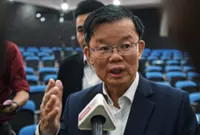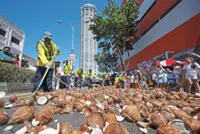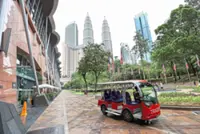WITH landfills fast overflowing, Selangor government has turned to incinerators as a solution to tackle its mountainous waste problem.
State public health and environment committee chairman Jamaliah Jamaluddin said the waste-to-energy (WTE) strategy was a complementary end-point solution for non-recyclable waste.





